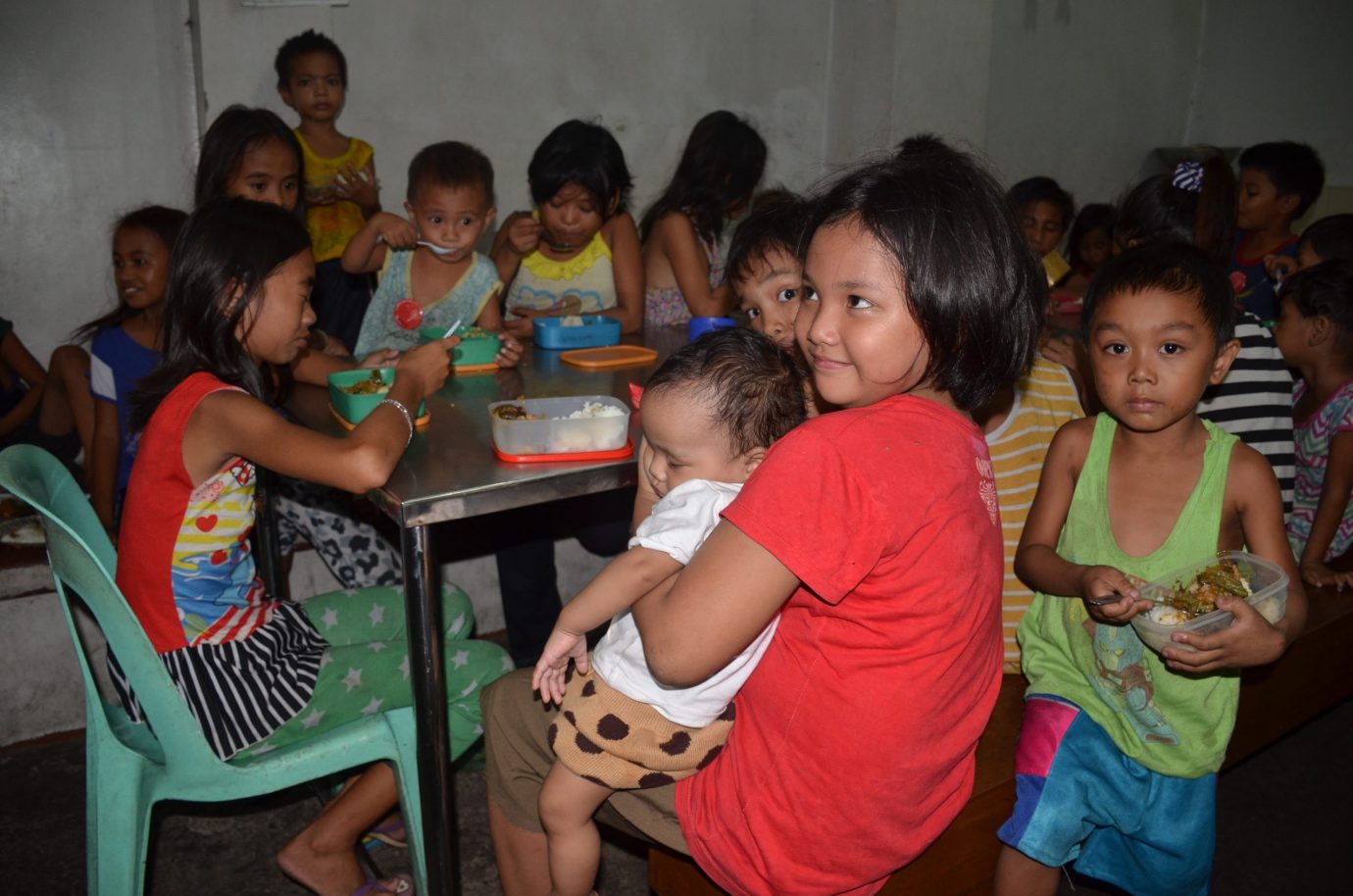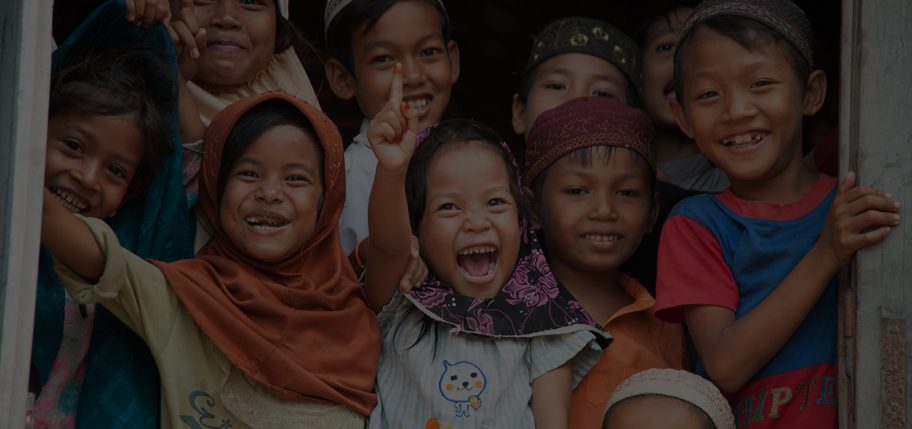The Republic of the Philippines is a sprawling archipelago of thousands of islands to the North of Indonesia. With a population of roughly one hundred million, the Philippines gained independence after World War II when it became one of the founding members of the United Nations. After a tumultuous introduction to democracy, the Philippines are now a stable presidential republic guided by its 1986 constitution. The Philippine economy is primarily based on tourism, electronic products, hydrocarbons and agricultural products, with thirty percent of the population working in agriculture.
Health in the Philippines
Healthcare in the Philippines is primarily supplied by the private sector, with less of a third of all healthcare provided by the government. The country struggles with an outflow of skilled healthcare workers, with a large majority of nursing graduates aspiring to work abroad.
Tuberculosis in the Philippines
Tuberculosis ranks as a top-five cause of death in the Philippines, claiming as many as 14,000 lives in 2015. Another complicating factor is the national HIV epidemic which claims the lives of an additional 4400 people who are co-infected with tuberculosis and HIV. The Philippines is among the 54 USG priority counties and is a high burden TB and MDR TB country. The Philippines is one of the forerunners to the private public mix (PPM) approach initiated by the Stop TB Strategy in 2005. Subsequently, the Philippines also has a very vibrant civil society that is engaged at all levels of health care including TB and HIV. However, there is a perceived need to enable more transparency and governance to bridge the gaps specifically between civil society and the government. Although the nation’s TB mortality rate has been steadily declining since the turn of the century, a large part of the National TB program’s budget comes from international funding and requires further effective investments to deliver sustainable results.
KNCV in the Philippines
The growing presence of KNCV in the Philippines was the direct result of the Dutch-government funded ‘Improving TB/HIV Prevention & Care, building models for the future project’ which aimed to bridge the gap between donor requirements and on the ground capabilities.
- In collaboration with human rights and key population-oriented organization HIVOS, KNCV supported two avenues of intervention to ensure that patients affected by TB and or TB/HIV co-infection are identified early, have access to quality diagnosis and rapid initiation of treatment.
- Second, the ‘Love Yourself’ project strived to enhance HIV case finding, add TB diagnosis and treatment, and strengthen the existing patient support through volunteers and life coaches. Through ‘Love Yourself’, all clients who test positive for HIV and who go on to receive care, are screened at each health encounter for TB. Those that have TB will be provided quality medicines through the National TB Program.
- The Improving TB/HIV Prevention & Care, building models for the future project allowed for the expansion of services, with agreed deliverables by the facility, such as a certain number of new TB cases diagnosed and successfully treated in a month or year, number of newly diagnosed HIV cases, and number of newly confirmed TB/HIV coinfections from either programs.
Introduction of digital adherence technology
The private health sector in the Philippines manages TB using diverse approaches that remain unstandardized. These range from facility-based directly observed treatment (DOT) to self-administration of medication with no form of support. Completing a six-month treatment is not easy for most patients. But strategies to consistently follow up patients, monitor adherence, and trace defaulters are often inadequate. Missing a few daily doses or interrupting treatment can lead to drug resistance or a return of the disease.
Under the TB REACH project, funded by Stop TB Partnership, KNCV supported adult drug-sensitive (DS) TB patients in three highly urbanized cities in Metro Manila to adhere to, and complete their treatment through a digital adherence technology (DAT) called 99DOTS. As part of this intervention, KNCV assessed the practicalities and scalability of implementing 99DOTS, and its impact on improving treatment outcome among the patients.
The ASCENT (Adherence Support Coalition to End TB) project (July 2019 – Dec 2022) , funded by Unitaid en led by KNCV, builds on existing evidence, innovations in adherence technology and growing global momentum to implement integrated DAT interventions in five key countries (the Philippines, Ethiopia, South Africa, Tanzania, and Ukraine) for all types of TB (DS-TB, DR-TB, LTBI).
Country representative: Andre Villaneuva


